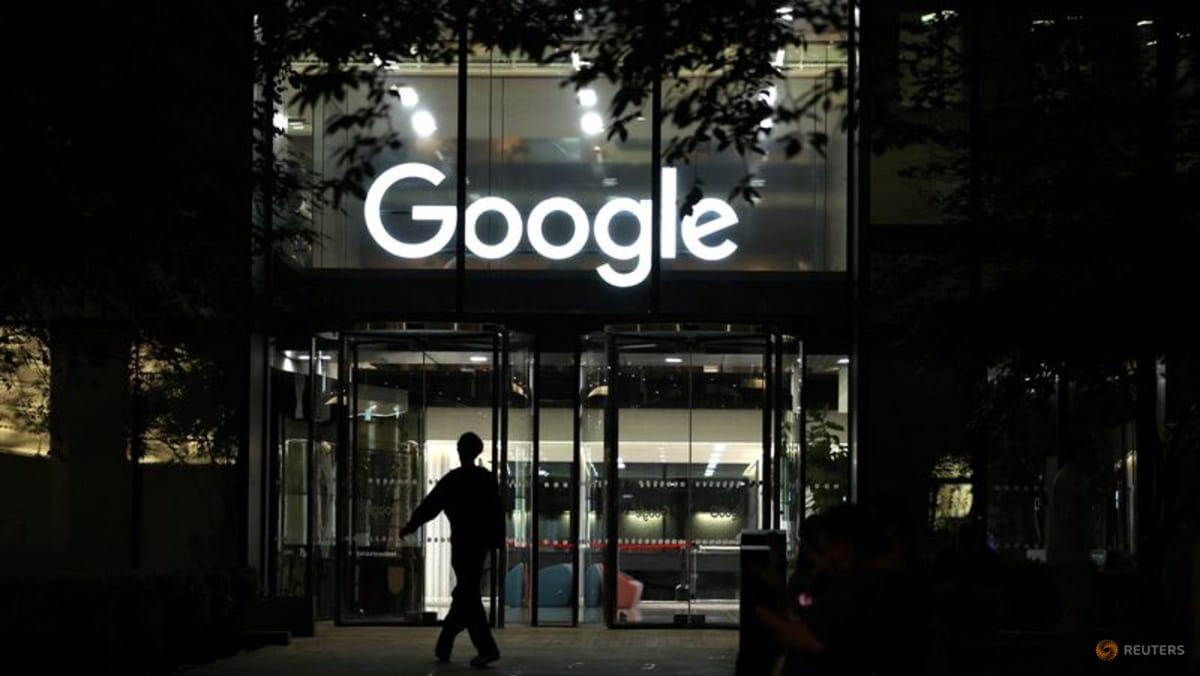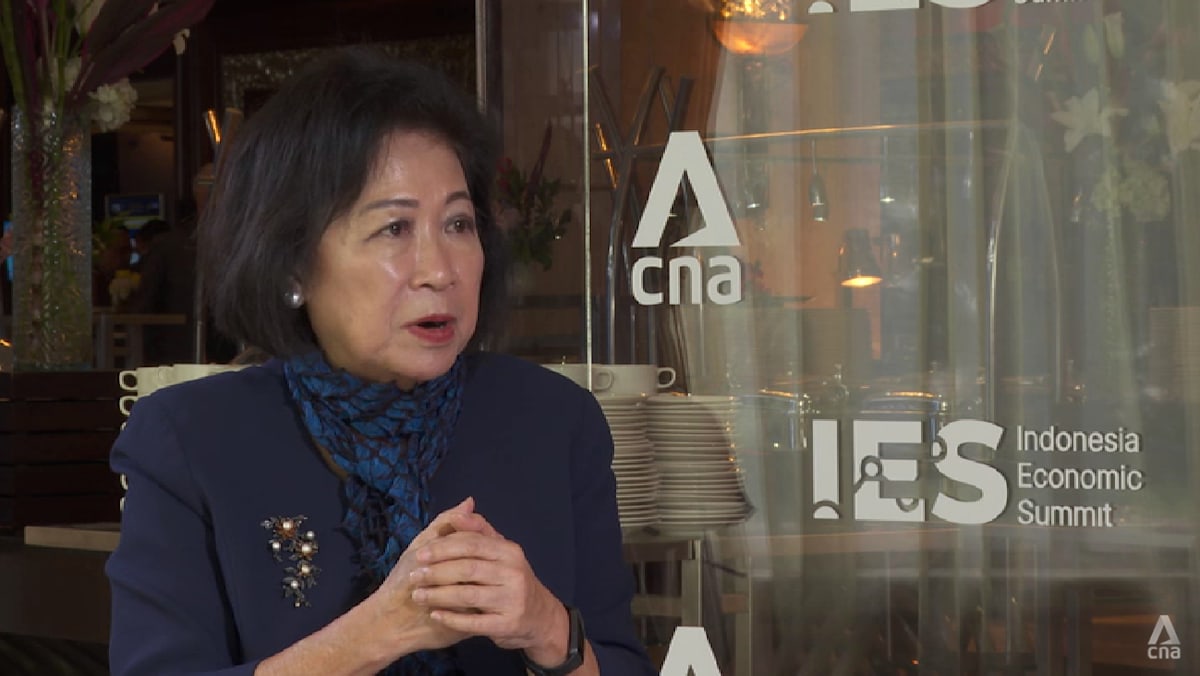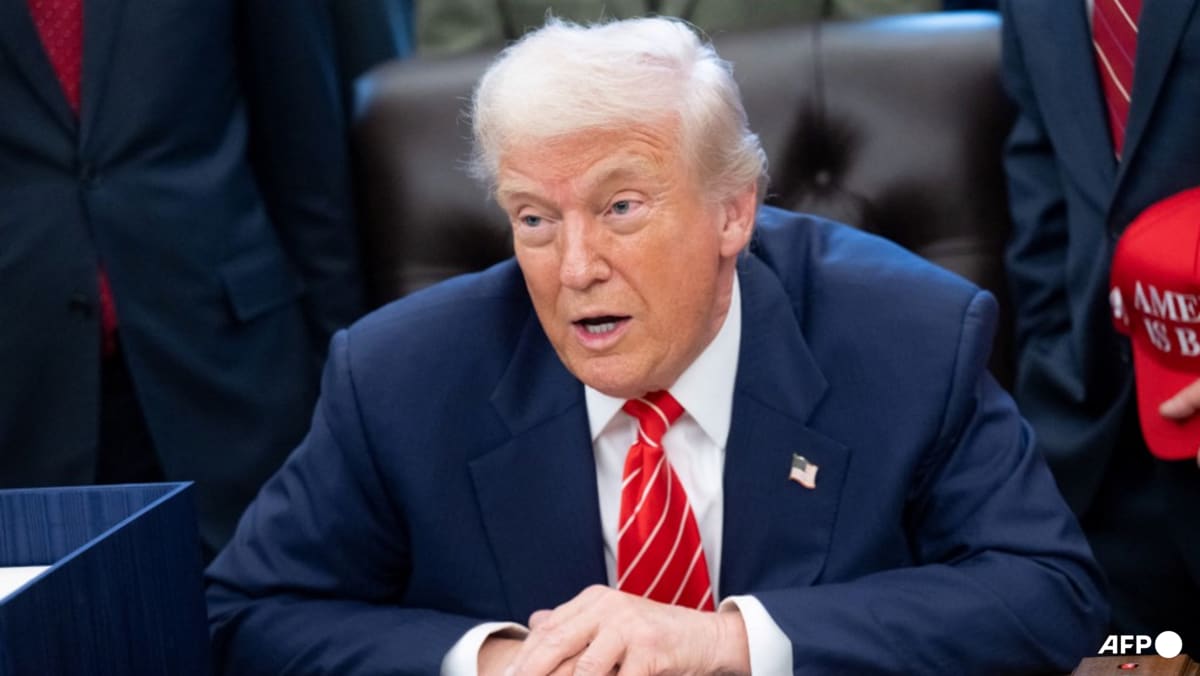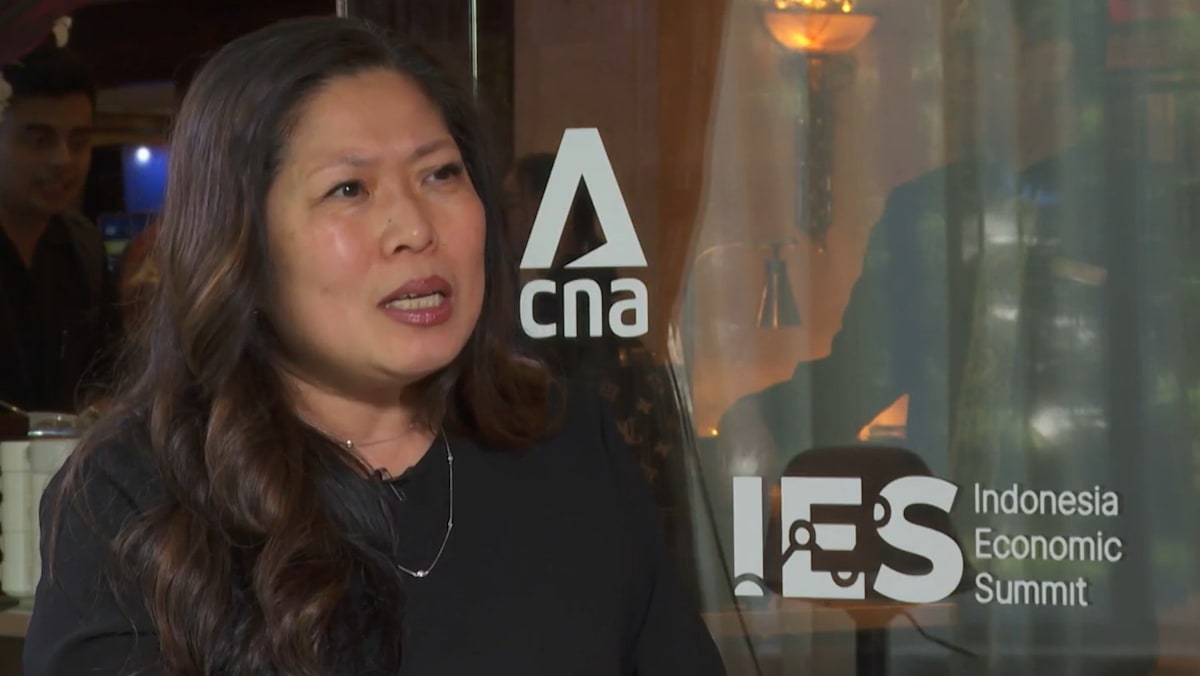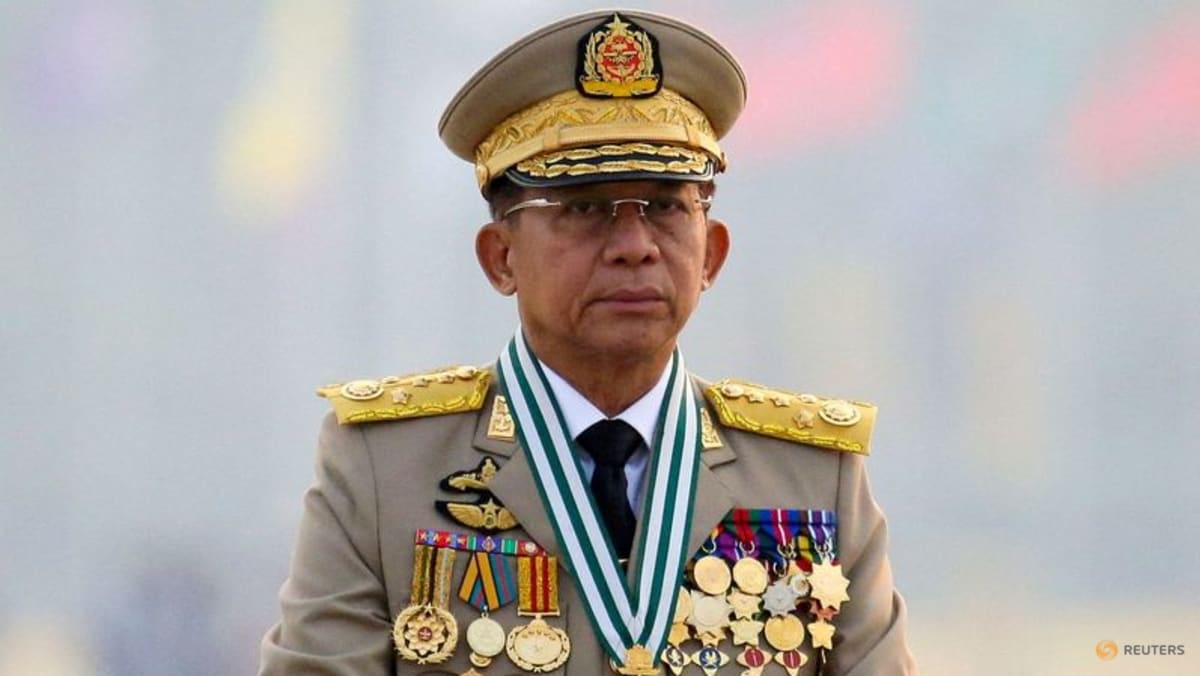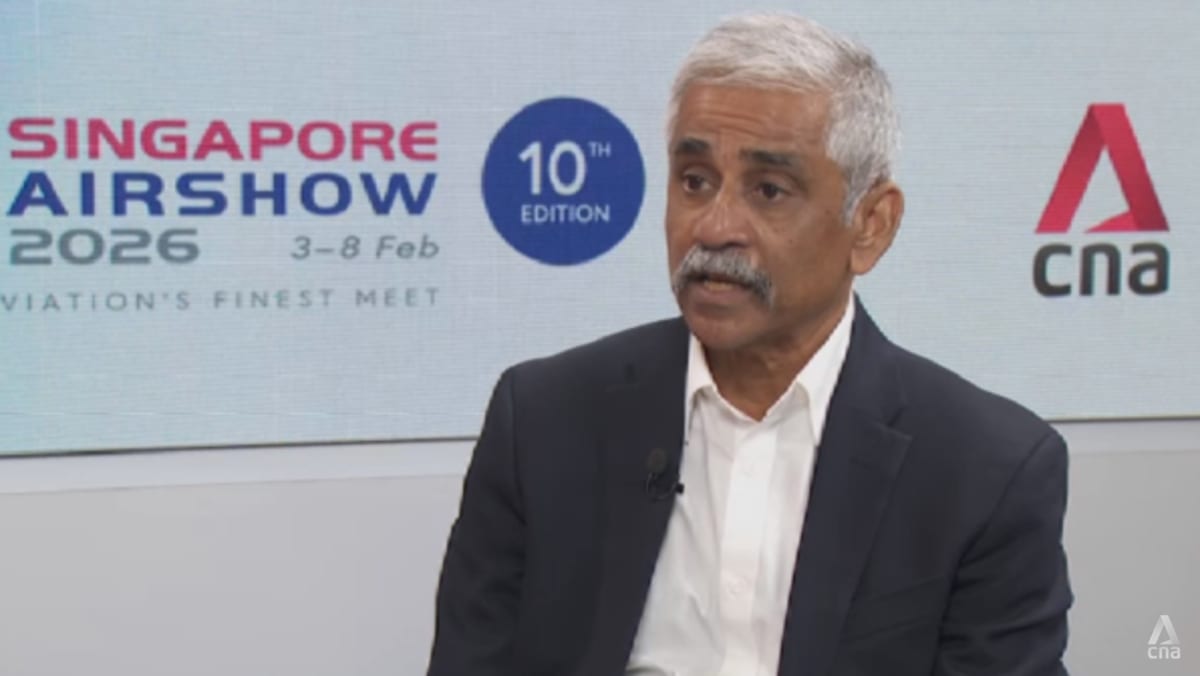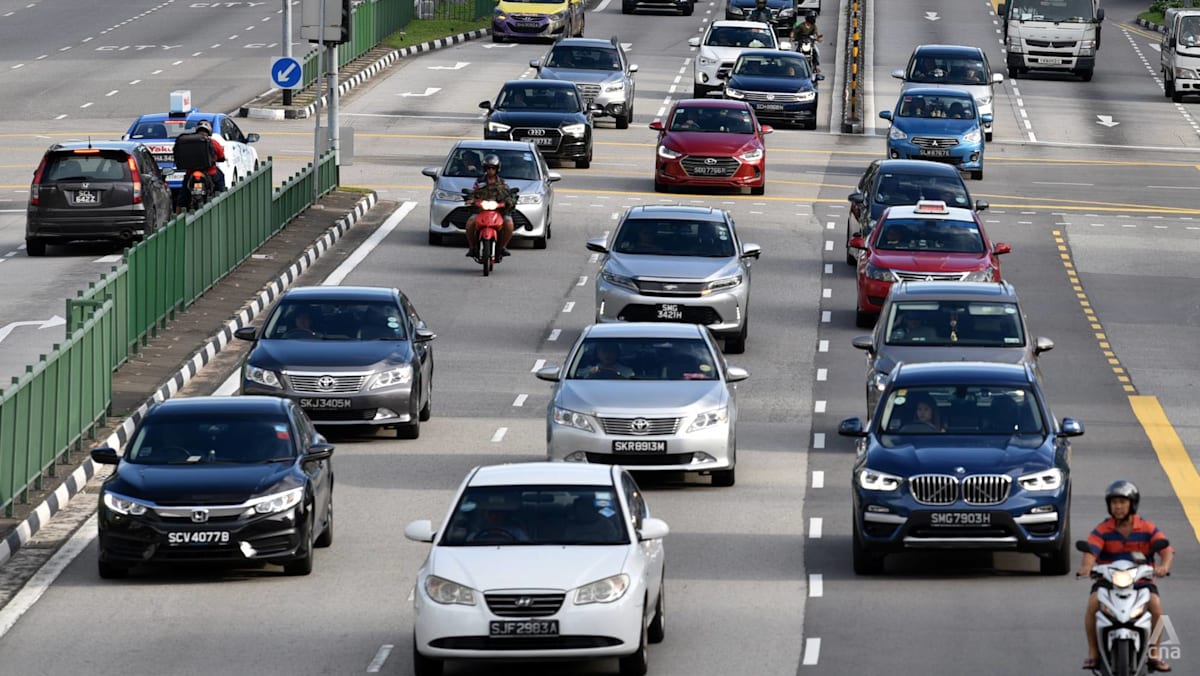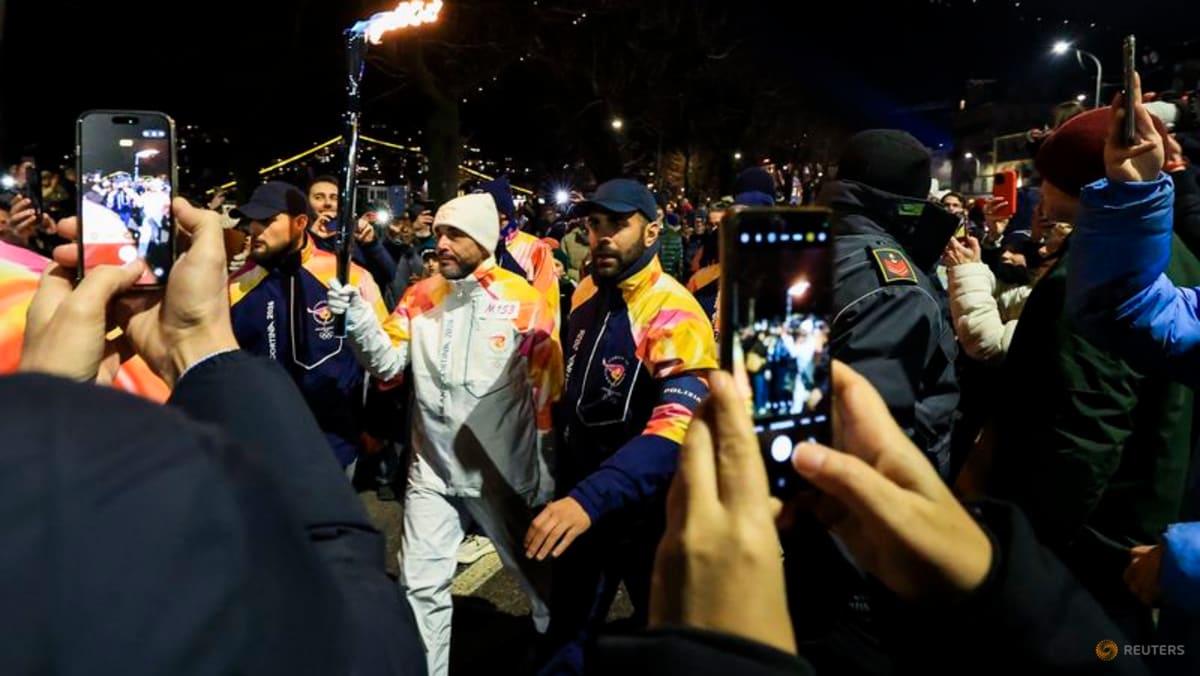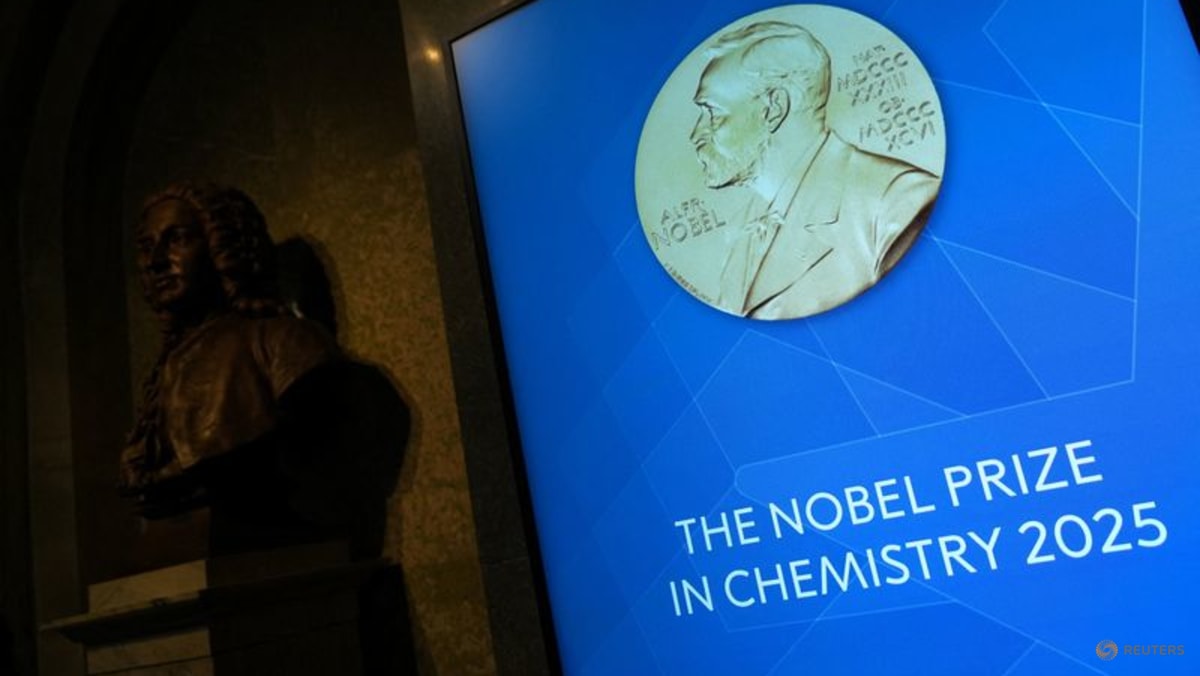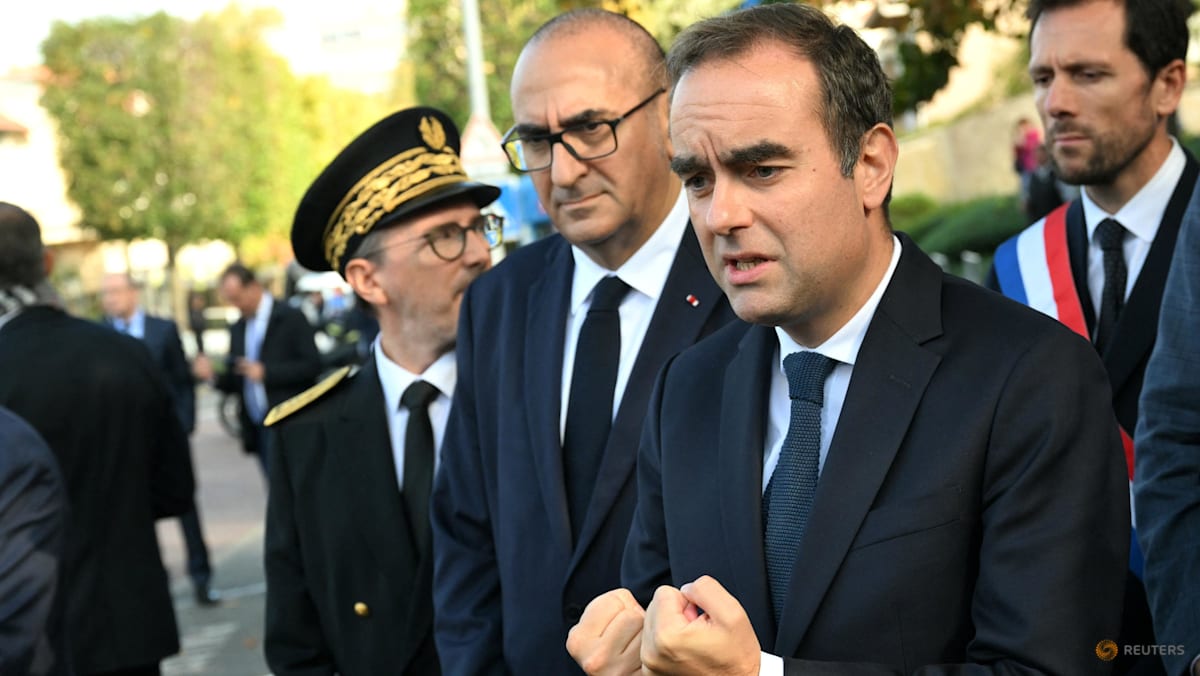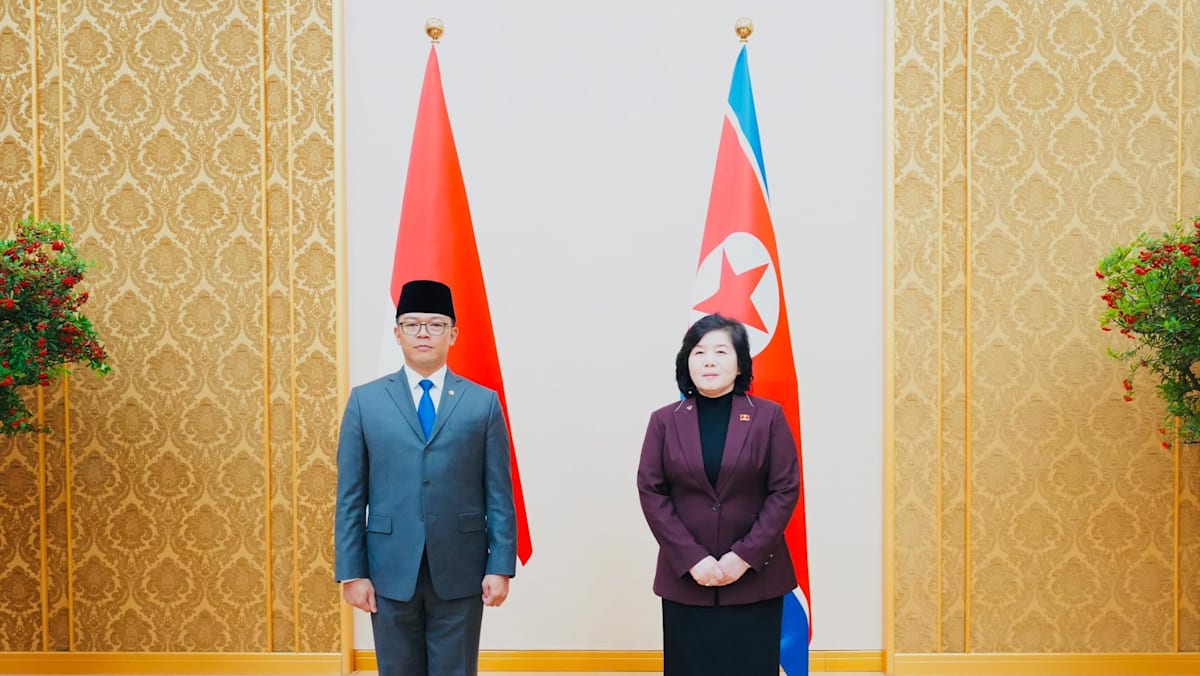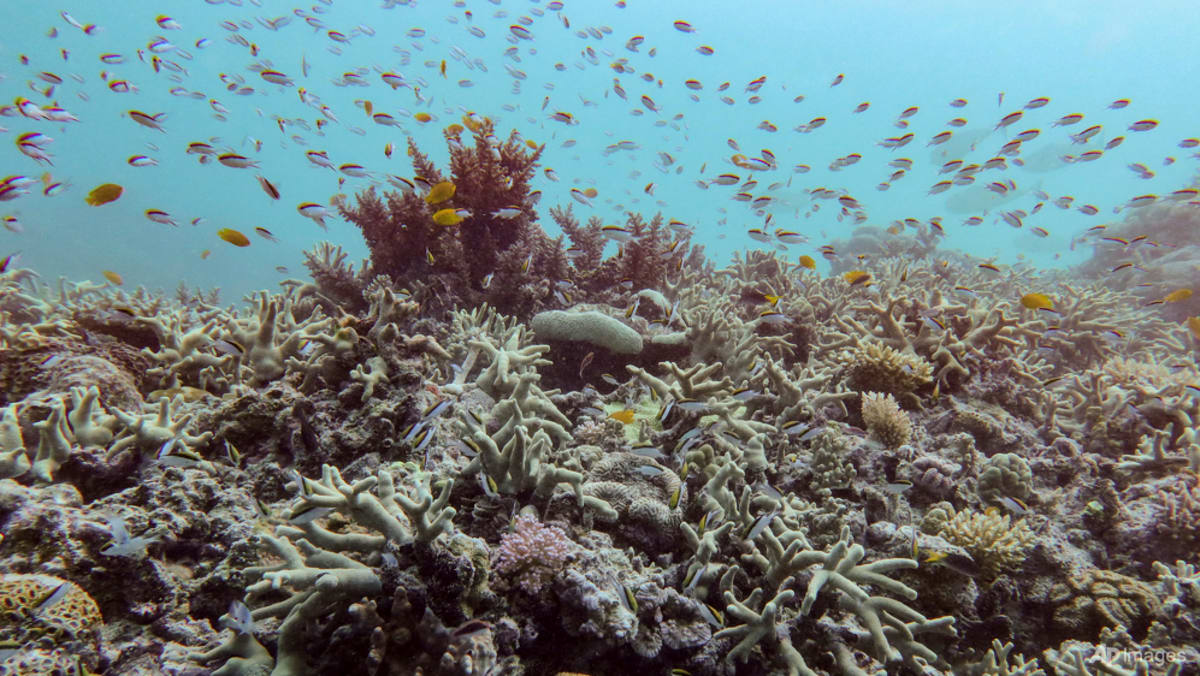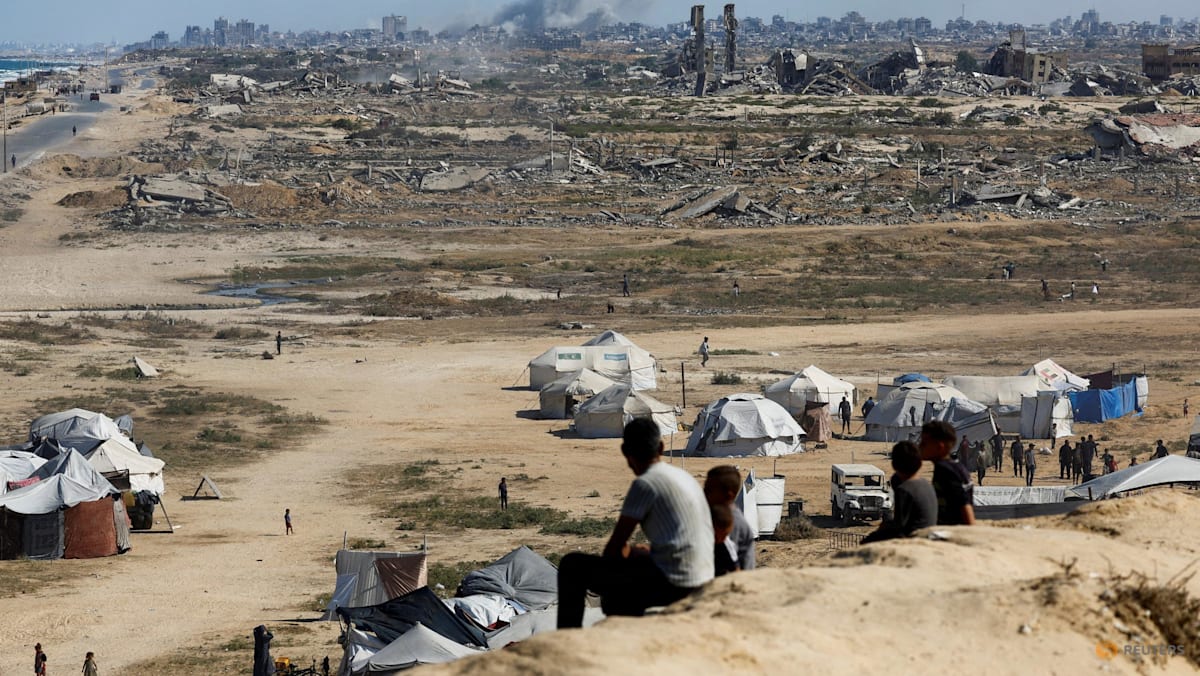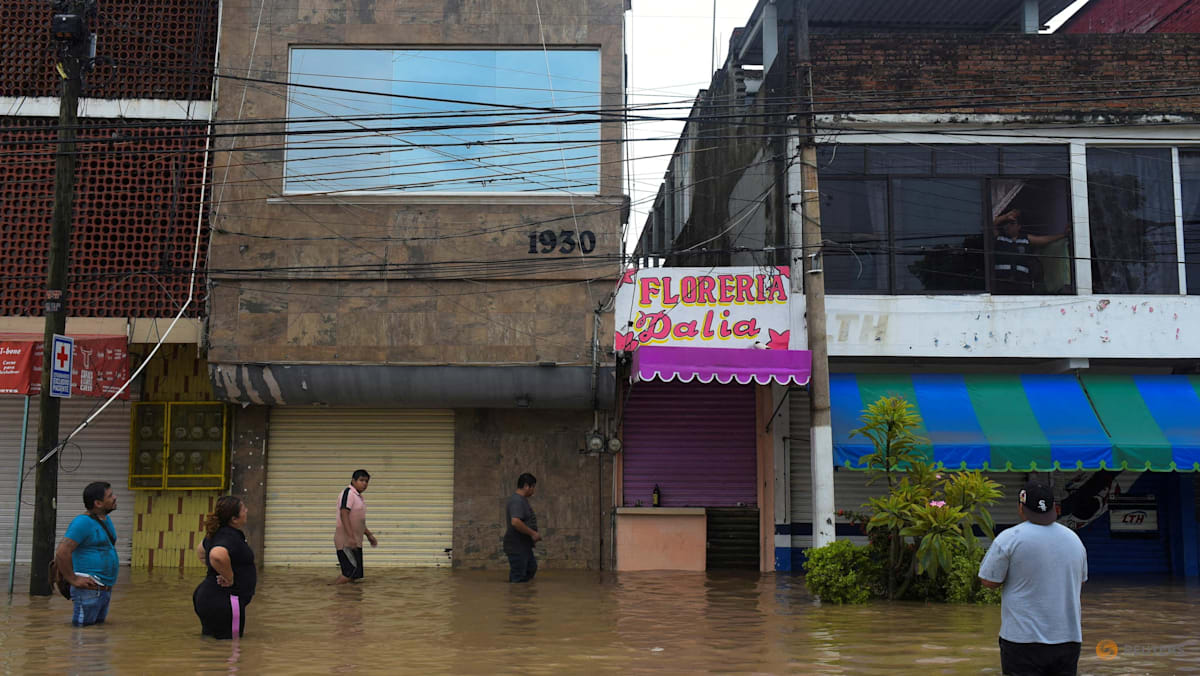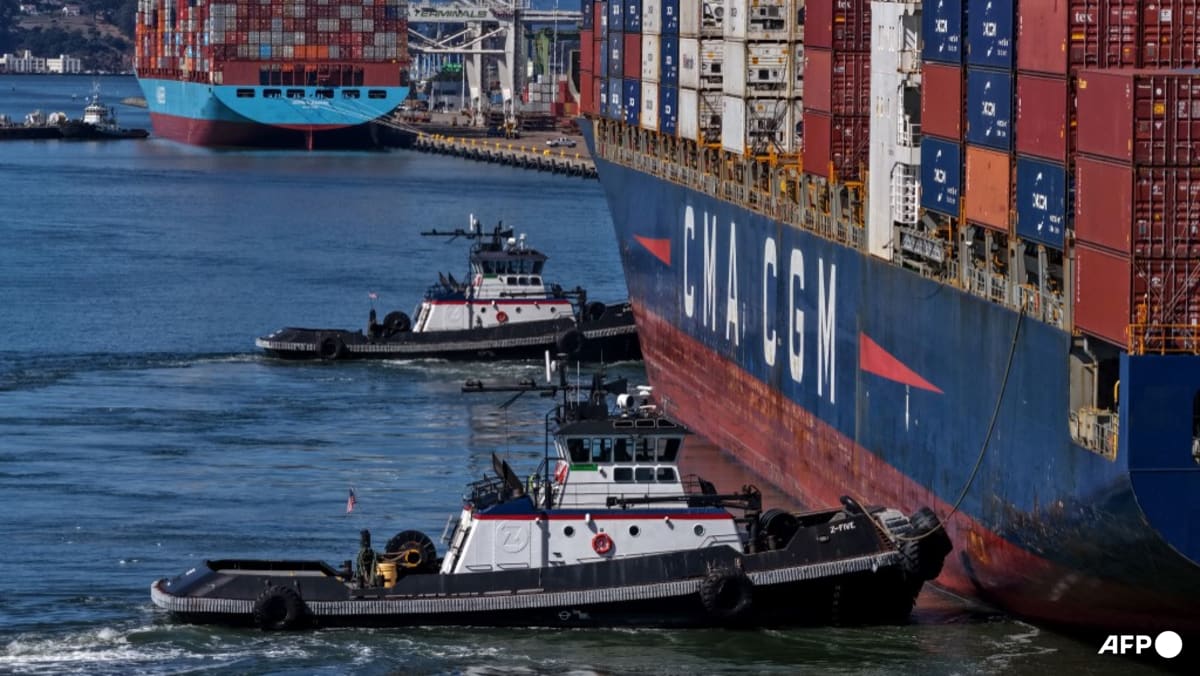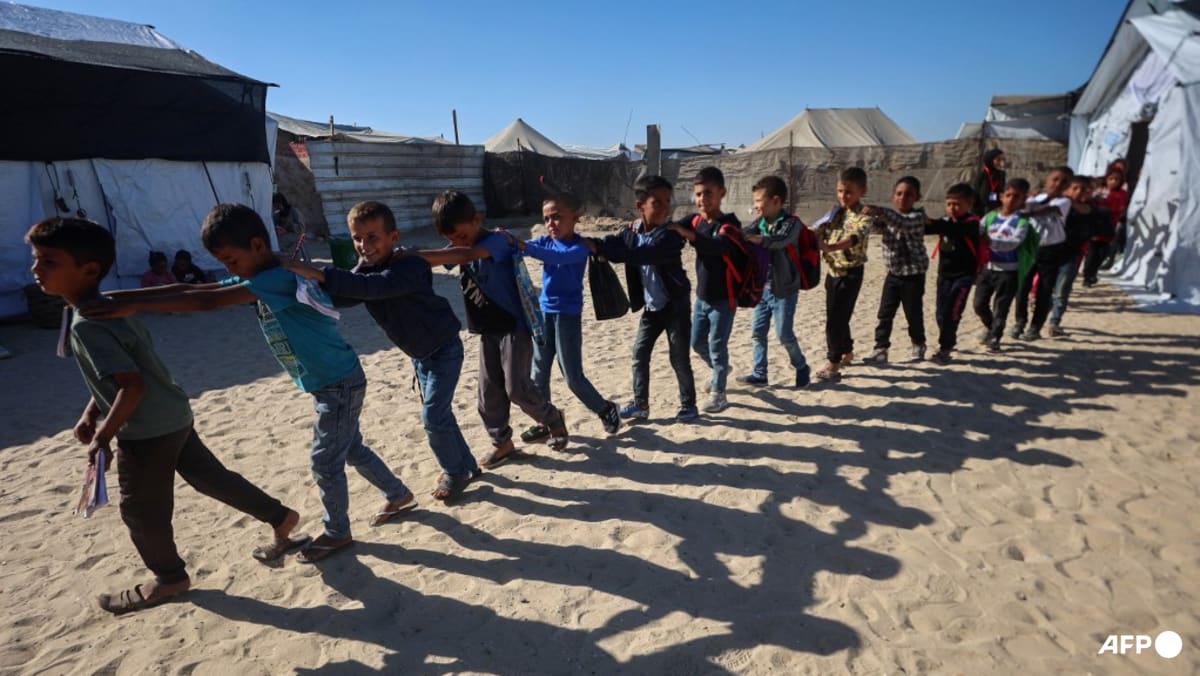SINGAPORE: Leader of the Opposition Pritam Singh accepted that his Workers’ Party’s (WP) statement on Islamic preacher Noor Deros during the 2025 General Election could have been clearer, but also said the party did not want to draw attention to a “nobody”.
He said this in parliament during an exchange with Home Affairs Minister K Shanmugam, who delivered a ministerial statement on the politicisation of race and religion on Tuesday (Oct 14).
During clarifications, Mr Singh said: “We had made our views quite clear on foreign interference. I understand the minister says that … the statement on Noor Deros could have been clearer. I accept that. I think we can make certain things very clear.”
During the hustings in April, Mr Noor publicly made demands of political parties in exchange for his support; claimed to have met all of WP’s Malay candidates; and urged voters in Tampines to vote for WP’s anchor candidate Mr Faisal Manap over the ruling People’s Action Party’s (PAP) anchor, then Minister-in-charge of Muslim Affairs Masagos Zulkifli.
Around the same time, two politicians from Malaysia’s Islamist party also publicly expressed support for Mr Faisal and commented that the PAP’s Malay-Muslim legislators cannot be trusted.
In response, the WP issued a statement on Apr 26 saying it does not have control over foreign parties who express support for its candidates; confirming no promises, commitments or agreements were made to Mr Noor in exchange for political support; and reaffirming the party’s commitment to keeping religion and politics separate.
On Tuesday, Mr Shanmugam took issue with what he said was the delayed timing and ambiguous content of WP’s statement on Mr Noor.
Mr Singh, in his clarification, said he did not know who Mr Noor was before the election.
“I’m not sure whether the minister knew him or the ministry knew of him, unless he was on MUIS or had served with MUIS at some point in some capacity,” he said, referring to the Islamic Religious Council of Singapore.
“But as far as the WP is concerned, we don’t really have an operations room or POFMA Office to monitor what foreigners or what people are saying about politics, and where they may be venturing into territory which is dangerous,” he said, referring to the Protection from Online Falsehoods and Manipulation Act.
“But in the event there is something untoward or awry, the Workers’ Party is not shy of coming together and trying to resolve the issue.”
Mr Singh added that the “Streisand effect” was one of the factors the WP considered in addressing Mr Noor’s comments. This refers to a phenomenon where attempts to suppress or downplay information backfire by increasing public awareness of it.
He also said that Mr Noor had in fact “gate crashed” a meeting Mr Faisal was having with others.
“There was no indication that this individual would be joining in the meeting. So when the meeting started, he was there, and my understanding is he had this list of demands,” said Mr Singh.
ASYMMETRY OF INFORMATION
The WP chief also said there was an “asymmetry of information”.
“The government has a perspective which is far broader than a small political party. And my point is if it is serious enough, in the minister’s words, for the prime minister to take a measure, such as stopping campaigning halfway to clarify a point, I don’t think it’s too difficult to reach out in the national interest to get that clarification also from all political parties, as one Singapore. I hope the minister can consider this in future,” he said.
Mr Singh was referring to an Apr 26 press conference that Prime Minister Lawrence Wong called in the middle of hustings to reject attempts to bring race and religion into politics.
Rebutting this, Mr Shanmugam said: “If there is any asymmetry of information, it is that the Workers’ Party had all the information, because neither the government nor the PAP met with Mr Deros.
“Until today, I don’t know what was said. I only know what he reports as having been said. And I know that nothing has been said by the Workers’ Party about what transpired, other than that no promises, commitments or agreements were made.”
Mr Shanmugam continued that “even with that asymmetry of information”, it was clear that what Mr Noor did was “unacceptable”.
He noted that Mr Singh “knew enough” to issue a “clear and unequivocal rejection” when Parti Islam Se-Malaysia’s (PAS) politicians tried to interfere in the election.
“He is, as Mr Low (Thia Khiang) described him, a politician who understands politics. He was able to do that after the prime minister called for a clear rejection. He never did that and the Workers’ Party never did that about Deros,” said the minister, referring to Mr Singh’s predecessor as WP chief.
Mr Shanmugam also said that as “a good politician, meaning a politician who understands politics”, then “the lack of clear response, a vague response, must have been a deliberate choice based on a calculation of interest”.
The minister also said the government would consider Mr Singh’s suggestion for the government to reach out to political parties directly if the matter is serious enough.
But he also said: “If you want the government to tell you what to do and what not to do in the middle of the elections, the government is also mindful of being seen to interfere with individual political parties. So we need to be mindful of that, because it can be politicised.
“Maybe Mr Singh is welcoming of a phone call to say, ‘this is not on’. But I can imagine a number of other political parties might say you are trying to threaten me in the middle of a general election. So we need to be very careful.”
POINTS RAISED BY OTHER MPS
Other Members of Parliament (MP) also raised questions about the standards for political parties, and what would or would not be considered acceptable.
Mr Kenneth Tiong (WP-Aljunied) noted that “clear bars” for responding to foreign influence had been laid out in Mr Shanmugam’s ministerial statement, and asked if these same standards would be applied to Michael Petraeus, a Polish national who runs the online platform Critical Spectator.
Mr Tiong said the platform has published “racially charged commentary on Singapore politics, including a piece titled ‘WP abandons Muslim voters, turns to the Chinese’”.
Mr Shanmugam said Mr Tiong’s question arises from “a misunderstanding of the law”, and that Petraeus was not the only foreigner running commentaries, sometimes in favour of the government, sometimes against; and sometimes favouring the WP.
“That doesn’t amount to, within the definition, interfering with our local politics,” said Mr Shanmugam. “If we took that definition, everyday we would be doing nothing but taking down and trying to object to various international journals.”
Mr Shanmugam said, however, if there was a specific attempt to interfere in the elections, and if Petraeus had put out any such post, then he welcomed Mr Tiong to “send it to us, and we will take a look at it”.
At Mr Wong's Apr 26 press conference, the Prime Minister was also asked by CNA whether there were other entities of concern when it came to foreign influence during the GE - with Petraeus' Critical Spectator cited as an example.
In response, Mr Wong similarly said then that "foreign journalists report on elections all the time and that is allowed".
“But when foreigners take a position on an issue or a candidate and push for an issue or candidate, one over the other, and especially when it is about race and religion and you start mixing race and religion into politics – that crosses the line,” he said, adding that the government will take action when that happens.
On Tuesday in parliament, Mr Zhulkarnain Abdul Rahim (PAP-Chua Chu Kang) said some may interpret Mr Shanmugam’s statement as a suggestion that a particular group or community – in this case Malay-Muslims – should “bear some responsibility for allowing such sentiments to take root in the first place”.
“Would he not agree with me that it is in fact part of a broader issue or trend that political actors both here and abroad are taking advantage of our racial or religious sensitivities for our own gain?” he added.
In response, Mr Shanmugam said he was not singling out any particular community, but Singapore’s Malay-Muslim community was a “victim of these tactics” during the most recent General Election.
“They didn’t ask for these provocations. Nor did they support these tactics. They share the same strong commitment as any other community to Singapore’s multiracial multireligious approach,” said the home affairs minister.
The Malay-Muslim community has stayed calm despite the attempts to rile up racial and religious sentiments among their community, he added.
Noting that the Chinese community has been targeted in previous elections, Mr Shanmugam said: “Those who play identity politics don’t just target one community.”
Mr Xie Yao Quan (PAP-Jurong Central) asked Mr Shanmugam to clarify if it would be wrong for any political party to appeal to voters based on what it can offer to any specific community.
“Or is he also saying that it would be wrong for an individual to question whether the government has done enough for any community, or to demand the government to do more for a specific community?” said the deputy speaker of parliament.
The minister replied that it was “perfectly acceptable” for political parties, candidates and politicians to say that their policies will benefit a specific community.
It is “entirely possible” for a PAP politician to say that their party is the best party to protect minority interests, and “perfectly possible” for someone to counter that statement, said Mr Shanmugam.
Noting that uplifting the Malay-Muslim community is one of the government’s key policies, he added: “There is nothing wrong with advocating ways to advance a particular community or discussing legitimate community concerns.
“But when we advocate for the concerns of the Malay-Muslim community or any other community, we must ensure that our advocacy is conducted responsibly in a manner that upholds Singapore’s unity.”
There is a distinction between advocating for the legitimate needs of a community and pitting the different racial and religious groups against each other, or calling on Singaporeans to vote along racial or religious lines, said Mr Shanmugam.
“The latter is what causes division.”
During a clarification by Mr Saktiandi Supaat (PAP-Bishan-Toa Payoh), the MP said he found it hard to believe Mr Singh's suggestion that Mr Faisal did not know who Mr Noor was and what the implications of his endorsement would be.
"His reach is quite significant online and his positions have been quite clear," said Mr Saktiandi.
Mr Shanmugam said Mr Singh did not say that Mr Faisal or the WP's Malay-Muslim candidates did not know who Mr Noor was.
Mr Singh then spoke up again and pointed to a May 6 social media post by Mr Noor where he said he was invited to the meeting with WP candidates by an ustaz or Islamic teacher "delegated by" Mr Faisal.
"We meet with people from all walks of life," said Mr Singh, who then pointed to similar statements made by PAP Cabinet ministers about meeting convicted money launderer Su Haijian in the past.
He then reiterated that the WP had in fact rejected Mr Noor in public statements during the election season – but Mr Shanmugam disagreed with him on this.

